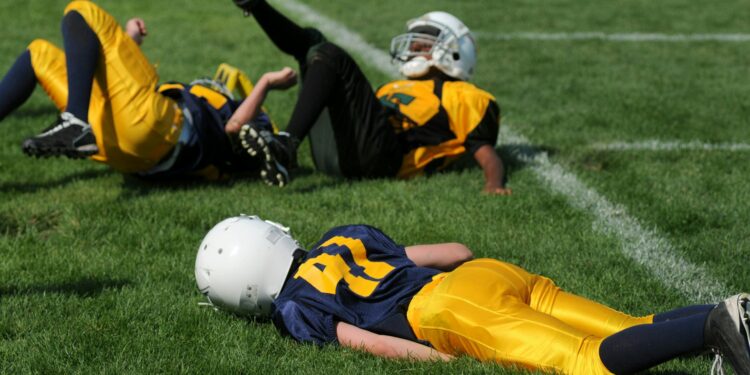It has long term effects.
Concussion-related brain damage may persist for at least a year, even after athletes return to their sport, according to a new study. Researchers found that college athletes who suffered concussions continued to show changes in their brain scans for up to a year after being cleared to play, as detailed in the study published on March 12 in the journal Neurology.
The study, led by Nathan Churchill, a postdoctoral fellow at St. Michael’s Hospital in Toronto, examined 187 college athletes, including 25 who experienced concussions during their seasons in sports like football, basketball, soccer, and rugby. These athletes were compared to a group of 27 non-concussed athletes matched by factors like sex and sport.
Participants underwent MRI scans at various points—before the season, five days after their concussion recovery, and at intervals of one to three months and a year afterward. The scans revealed that athletes who had suffered concussions still showed signs of brain injury, such as reduced blood flow in the fronto-insular cortex, a brain region associated with functions like memory, thinking, and emotion.
Although the blood flow gradually improved over time, traces of the brain injury were still present a year after the concussion. These findings suggest that clinical symptoms alone might not be enough to determine when an athlete has fully recovered, raising concerns about the risks of returning to play too soon.
An editorial accompanying the study emphasized the importance of this research, particularly for younger athletes, noting that returning to play prematurely after a concussion could lead to serious long-term consequences for brain health.

































Discussion about this post